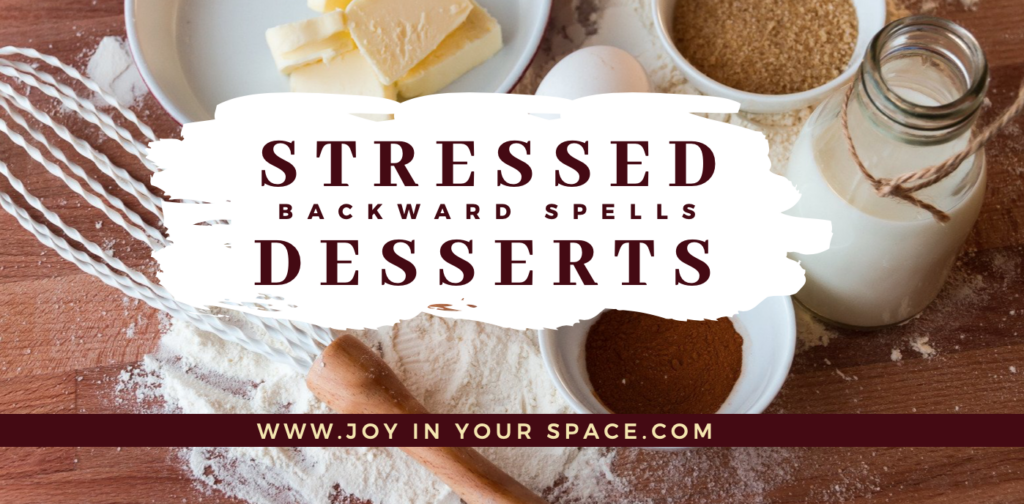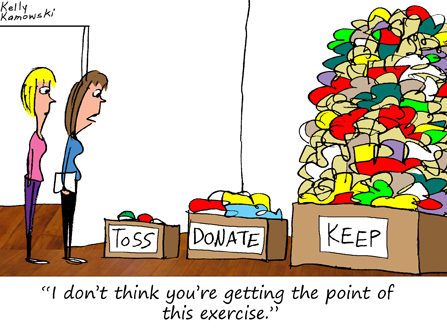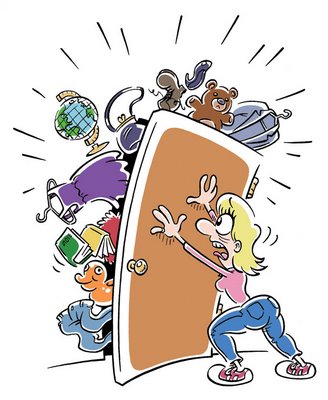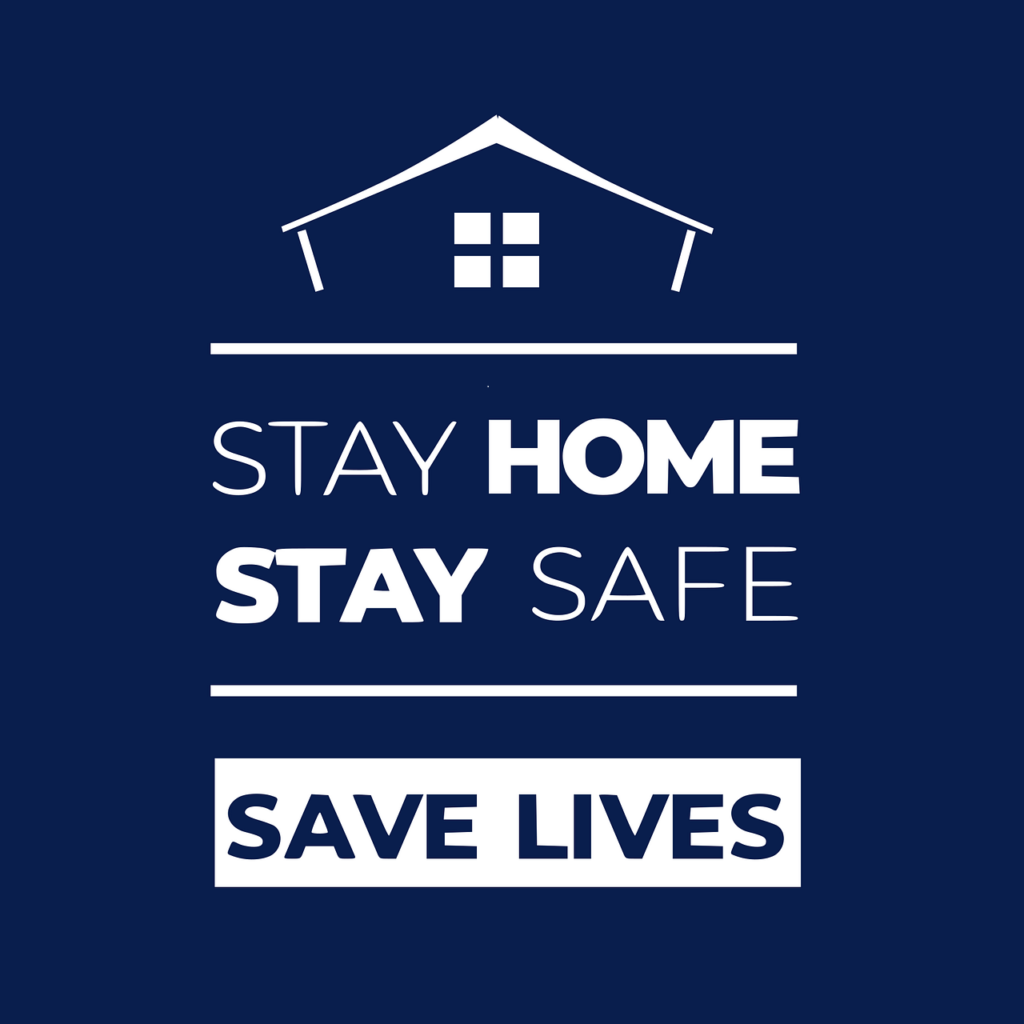First, we want to acknowledge that walking up to a perfect stranger and selling the idea of your business isn’t easy. Not everyone will be happy to see you and you need to be willing to expect and accept some rejection. The more you do it, the more comfortable you will feel, and when it starts to pay off and your calendar starts filling up, you’ll be plenty glad that you went for it!
Networking is a marathon, not a sprint.
People need to get to know and trust you before they will use your business or refer you to others. Show up consistently and you will be rewarded!
“Networking is an investment in your business. It takes time and when done correctly can yield great results for years to come.” – Diane Hilbig
THE FOLLOWING NETWORKING TIPS WILL COME IN HANDY:
Always set goals. Goals can be small; schedule 3 one-on-one meetings or get 10 email addresses, but always start your day with a purpose. This helps you hold yourself accountable and helps you track your improved networking skills!
Show genuine interest in other businesses. Be prepared with a list of questions to find out what their problem points are so you can craft the best message to address their needs. When you ask questions of other businesses, it shows you are interested in them and want to learn from them as well.
Give a little, get a little. Build allies and refer business to other members and they will be much more likely to return the favor.
Take notes. Promptly after a meeting, make note of who you spoke with, their position, any other names that were mentioned, personal information, and any interesting anecdotes they may have mentioned. These notes will be invaluable when you draft a follow up email and for future meetings.
Follow up! Never leave an office after a first meeting without setting up a one on one meeting for the near future.
Always wear branded clothing. This is free advertising that invites the question, “What is ___”?” You may be surprised by how much business can come from just walking around and showing off your company name.
No matter who you are meeting with, always be sure to travel with the following items:
• Business cards – always keep in your wallet and car.
• Brochures – keep some extra marketing folders and brochures specific to target industries available for that unexpected encounter with a potential referral partner.
• Giveaways – whether it’s sunglasses, pens, or magnets, branded items make a lasting impression; more so than business cards, and are visual reminders to use our service.
• A good attitude and a smile! – You are the face of your business. Impress everyone you meet with your cheery demeanor and your passion for the business, the environment, and your community.
While sheltering-in-place we’ve been spending a lot more time baking. And wouldn’t you know: Stressed Spelled Backwards is: Desserts!

I saw that catchy phrase after delivering my 5th batch of muffins in April. To avoid gaining the dreaded Covid-15 (think Freshman-15) I delivered Tupperwares to my neighbor, who appreciates my zero-sugar recipes.
With my last delivery of cranberry-sweetened pumpkin millet muffins, I wrote “sorry for dumping my stress-baked goodies on your doorstep.” She texted back “TY” with a link to “Stress-baking is a real thing!”
My 3 favorite therapeutic benefits to baking:
This “proof of progress” is where I want to focus.
I don’t know about you, but I am:
• losing a sense of what day it is
• not as productive as I was before Covid-19
• feeling less accomplished despite feeling almost as busy
So I reflected on the tools I used before Covid-19:
Here’s why I’m returning to these habits:

I can’t take credit for figuring out…stressed spelled backwards is desserts!
Making Adjustments
We are all adjusting to our present environment. I stopped at Wegman’s on Friday afternoon and saw over 70 customers with masks standing about six feet apart and circling around half the huge store. It was a strange feeling and I felt like I was in an old Twilight Zone episode from the 1960’s. I believe the title of the episode could be “Social Distancing” since we hear this term so frequently. I believe it more accurately should be called “Physical Distancing”. Physical Distancing is a more appropriate description as we are looking to have physical distance but not looking to limit our social interaction. I am using Physical Distancing in this blog.
Organizing
I am in the auction business and have had the opportunity to work regularly with Professional Organizers. I have been impressed to recently learn a good number of Professional Organizers offer virtual organizing services. Even more impressive is how many have been virtually organizing with clients for years. Virtual Organizing maintains the physical distancing needed in our challenging environment while providing the social interaction and discipline to focus on tasks. I know this is not always easy when you try to organize alone…

What Can I Sell?
An auction specialist can efficiently help professional organizers and their clients as there is need to sell personal property by identifying valuable items through pictures. Pictures provided electronically (emails, texts, digital albums, etc.) are physical distancing appropriate and the timeliness and efficiency helps keep an organizing project moving forward.

The technology available to provide pictures including details like artist signatures and manufacturer or maker marks has been part of a dramatic change in the auction world over the past 25 years. Wait times to coordinate an initial visit and get started have largely been replaced with progress and information much more quickly through introductory phone conversations and pictures.
STUFFocating
There are many people who have inherited or collected items through the years and these items fill their storage spaces and extra rooms of their homes over time. Many of these clients are what I call “Stuffocating”.

Those feeling like they are Stuffocating do not know how to get started dealing with it all and have little idea which of their old and vintage items have value in today’s market. Their items look like they could be valuable or have family stories indicating they are valuable. I often hear comments like “Aunt Flossie said these were worth money” or “I saw one that looked just like this on “Antiques Road Show”. They often can use some help from a professional organizer and/or auction house to have an effective plan and make noticeable progress.
Physical Distancing for Bidders at Auction
Technology introduced over the past 25 years has helped the selling side of auctions to continue with physical distancing intact. Internet bidding platforms make it easy for buyers to bid on their cell phone, iPad, computer or any device connected to the internet.

Bidding by phone with an auction associate or leaving bids in advance is often available as well. Many auction houses have also added live online bidding available through their own websites.
Auction previews on-site are extremely limited presently. However, good online catalogs provide auction bidders with descriptions and auction estimates as well as an array of pictures showing detail for each item being sold. Online catalogs are typically available on the auction house website as well as the internet bidding platforms.
The Twilight Zone
We are in a dimension of challenge and spacing. Through technology and creativity, we can function in the world of organizing and auctions while we may feel like we are ….In the Twilight Zone.
Author is Tim Zeigler, Kamelot Auction House, www.kamelotauctions.com. Direct contact at 215-815-4983 and .
A recent RieOrganize! poll on Facebook came up with the following: Stay at home. Boredom. Facebook. Zoom meetings. Gratitude for front line workers. Frustration about having to wear a mask. Death. Telecommuting. Homeschooling. Social isolation.
Until recently, I knew of only a handful of friends who were dealing with COVID-19. Most were friends who live out of town or who were dealing with their friends/family members who were dealing with the virus. Yesterday, I was told that a friend is in the ICU with novel coronavirus. While we were not close friends, we did keep in touch over the 30+ years that I’ve known him and his husband.
What I realized today, however, was how much I did not know about them. For instance, who is my friend’s next of kin? My immediate answer would be, of course, his husband. But his husband died last week of a non-coronavirus-related illness. I don’t know if he has a health care directive or, if he does, who is listed as the alternate proxy because his husband just died – or where this document is located. I know that his husband took care of most of their financial, legal and daily responsibilities. I don’t know who will be responsible for all of that now and, more importantly, nor does anyone else. Everyone is scrambling to try to figure out what to do!
While this is indeed stressful and sad, I have to ask myself and you…
· How many of us or our friends or family members could find themselves in a similar situation?
· Have we taken care of our own medical, legal and financial paperwork? If we have, does anyone know where it is located or have easy access to it?
· Will you or someone you know find themselves sick or dying alone with no one who knows what you would want to happen medically or, if you should die, with your belongings?
According to our informal Facebook poll, not everything in our world today is discouraging, heartbreaking, disheartening or grim. Looking at some of the memes on Facebook or Instagram can make you smile or laugh out loud.
There is little wrong with cooking or baking too much, using Zoom or Facetime to be connected to friends, relatives and colleagues, binge watching Netflix or taking naps. There is much kindness, laughter and sharing. Neighbors are helping neighbors.
This can be a time of transformation – interpersonally, socially, economically and globally. It can be a time to focus on the people and things that are important in our lives.
And this is where we all come in to transform our world into a better place in which to live. Thinking about medical and financial preparedness is not high on most people’s lists of things they want to do, but, especially during this time, it is essential.
First, we should examine our own paperwork. How prepared are we? Then, we should take a look at our contact lists. Who do we know who may need help?
Few people want to talk about the possibility of being sick or dying. In this age of COVID-19, it is imperative that we do so and that we talk with those whom we love and help them to prepare as well.
This is something that cannot wait. Please take steps to ensure that someone will know what you want to happen if you are unable to speak for yourself.
Stay well, stay safe and stay home… and if you are one of the many who must go to work to keep us safe, healthy, fed, informed or otherwise (relatively) sane, thank you.

First and foremost, our thoughts and prayers are with those who have contracted this virus. We wish you a speedy recovery. For the rest of us, we face several weeks of home confinement. I don’t know about you but when I stay home for longer than one day, I tend to become lethargic and unmotivated. This time I’m determined not to let that happen. Here’s my plan of action:
Sentimental objects are one of the most challenging categories for professional organizers to help clients with. This is especially true with objects related to family history, such as:
Photographs,
Newspaper clippings,
Family history documents (letters, journals, diaries, invitations, etc.),
Education related (book reports, college papers, graduation diplomas, etc.),
Civil records about family members (marriage records, immigration records, birth/death certificates, etc.)
Photos, diaries, papers, trophies…these are all critical elements of your family legacy. They tell the story of important family members, and are the fabric of what binds families together. Personally, I am not an advocate of throwing this all away. On the other hand, how can anyone benefit if these materials are stashed away in the attic, basement, or closet?
The first step to any family history project is taking an inventory of what you have. Even if your project is simply tidying your family history boxes, you will be happy you did it. And I promise, your children will thank you!
Take some time to go through each box carefully and understand what is in them. It’s almost always the case we find things we had completely forgotten about. And it’s not at all uncommon to find objects we thought were lost. Once you know what you have, it will be much easier to figure out what to keep, and how to organize it all.
One complaint I hear frequently is that people don’t really know what to do with these materials. They accumulate and accumulate, taking up more room than you ever would have wanted. The fear of the materials being damaged, and frustration that nothing productive is being done with them, causes most people to feel anxious, along with a good measure of guilt.
Organizing family history materials allows us to honor family members and declutter. As I mentioned, I am not a fan of throwing these materials away. BUT, you’ll be surprised how much space is being taken up by duplicates, damaged papers/photos, old frames, and photos of people you don’t know—all of which can all be thrown away.
And watch out for newspaper clippings! Newspaper paper does not last. Not only that, it can damage other materials it comes into contact with.
The advent of online publishing has made printing books in small print runs very affordable. Imagine having a book of all your parents’ correspondence, and giving a copy to each of your children. Or imagine assembling all the civil records about your ancestors so the whole family can have a richer understanding of its roots and history. All you need is a scanner and a little patience. If you don’t have the time, there are many scanning services which can do this for you. The Association of Professional Photo Organizers is also a great place to find someone locally who can do this.
Once scanned, it’s time to select an online book publisher. There are many to choose from. Two of my favorites are Blurb and Mixbook. Mixbook in particular has some great layouts just for family history projects. Be sure to wait for a sale! Both these sites frequently offer significant discounts.
It probably won’t surprise you to learn that these books become instant family heirlooms. They make terrific gifts for important birthdays or around the holidays.
If you run into a hiccup while organizing, scanning, or making your book, feel free to give me a call. I’m always happy to answer questions. Good luck with your family history project!
